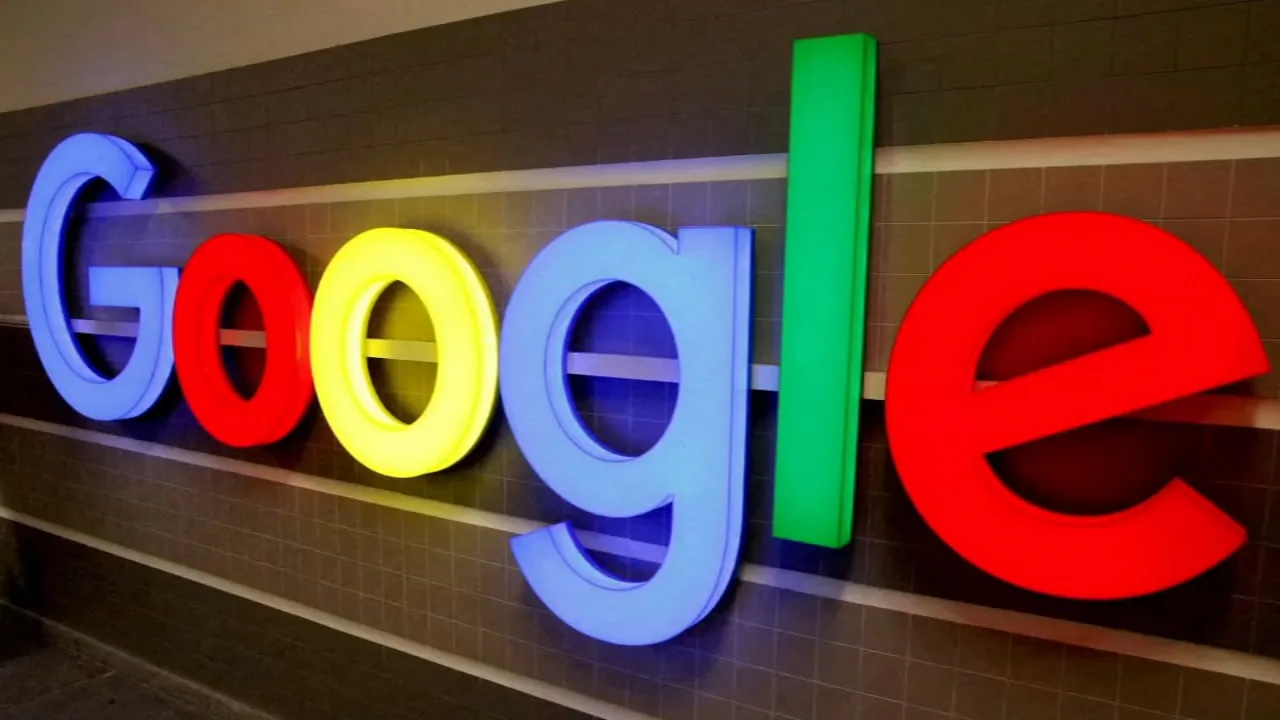Android’s reputation for openness is about to take a hit. Google plans to block sideloading of apps from unverified developers starting next year, a major shift that could redefine how third-party apps are distributed. The company says it’s all about security, but it’s also about control.
Google tightens grip on sideloaded Android apps

By 2027, Android users on certified devices won’t be able to sideload apps unless the developer has passed identity verification through a new Android Developer Console. Google won’t check the app’s content or features, but it will require developers to register signing keys and package names.
It’s not just Play Store apps getting this treatment. Any app, no matter where it’s hosted, will eventually need to pass through Google’s identity filter. That includes APKs distributed directly from websites, third-party stores, or beta programs. The new console begins testing this October and rolls out globally in phases through 2026.
Google’s reasoning: sideloaded apps are 50x riskier
The company says this isn’t about restricting users, just protecting them. According to its data, apps from outside the Play Store are 50 times more likely to carry malware. Since requiring developer ID checks on the Play Store last year, Google says malware and fraud have dropped significantly.
Their analogy? It’s like showing your ID at the airport: routine, expected, and necessary. But in practice, it marks a serious shift in Android’s identity from open sandbox to regulated system.
What this means for Android users
This change affects nearly every Android user outside China. Here’s what’s coming:
- Apps will need verified developer identities to install
- A new Android Developer Console launches in 2026
- By 2027, sideloaded apps without verification will fail to install
- Applies only to certified Android devices (with Google Play Services)
- Unofficial builds and custom ROMs are unaffected for now
Still, the message is clear: sideloading won’t be the same going forward.
A defensive move amid legal pressure
This shift isn’t happening in a vacuum. Google is under pressure from its legal battle with Epic Games, which aims to break up Play Store dominance. As a result, Google may soon be forced to allow third-party app stores on Android without locking users into Play.
But with looser app sourcing comes bigger risks. So, this identity requirement feels like a counterbalance. It lets Google keep a gate in place, even as more doors open.
Android stays open, but with a lock on the gate
For years, Android users took pride in their freedom to sideload. This update doesn’t kill that freedom, but it does put a lock on it, one that only Google holds the key to. Even if you skip the Play Store, you’ll still need Google’s approval to get through.
And once that system is in place, the rules can change anytime.














